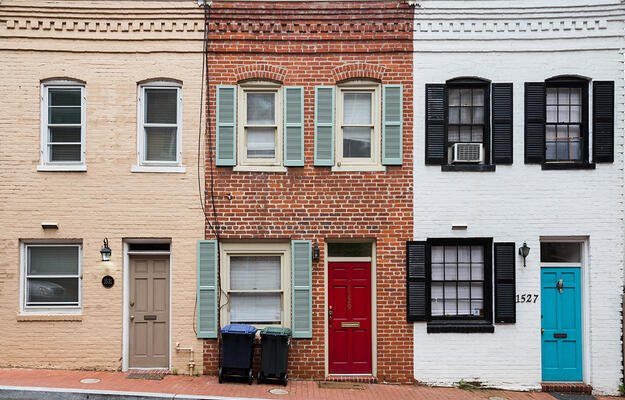
Health and Social Characteristics of Public Housing Applicants
- Title:
- Health and Social Characteristics of Public Housing Applicants
- Author:
-
Aynslie M. Hinds, Brian Bechtel, Jino Distasio, Leslie L. Roos, Lisa M. Lix
- Source:
-
Journal of Epidemiology and Community Health
- Publication Date:
-
2016
Does poor health precede residency in public housing? Aynslie Hinds and her colleagues examine this question, exploring the characteristics that separate people who apply to public housing from those who do not. Using administrative data from Manitoba, Canada, the authors matched 10,324 public housing applicants in 2005 and 2006 to peers who did not apply for public housing. By matching public housing applicants to people with similar socioeconomic characteristics (sex, age, region of residence, and receipt of income assistance) in the general population, the authors could compare the health and social characteristics of the two cohorts, including mental and physical health statuses, use of health services in the year before submitting their application, and residential mobility in the last year. The authors’ analysis revealed that public housing applicants were less healthy and used more health services than counterparts who did not apply for this form of housing assistance, and it identified characteristics that predict if people were more likely to apply for public housing. The researchers considered the policy implications of their findings, which were also replicated in a more recent cohort of people who applied for public housing in 2011 and 2012.
Key findings
- Applicants to public housing were more likely than general population residents, after controlling for socioeconomic factors, to experience measures of ill health, such as mental illness and chronic diseases.
- Higher shares of public housing applicants used health services in the year preceding their application than residents in the general population. Use of health services was also a predictor of applying for public housing.
- Movers, or those who had changed postal codes in the year before their application, were more likely to apply for public housing than those who had not experienced residential mobility in the last year.
- Low-income residents in Manitoba were more likely to apply for public housing if they were unhealthy and suffered from such conditions as respiratory illness, diabetes, and schizophrenia.


